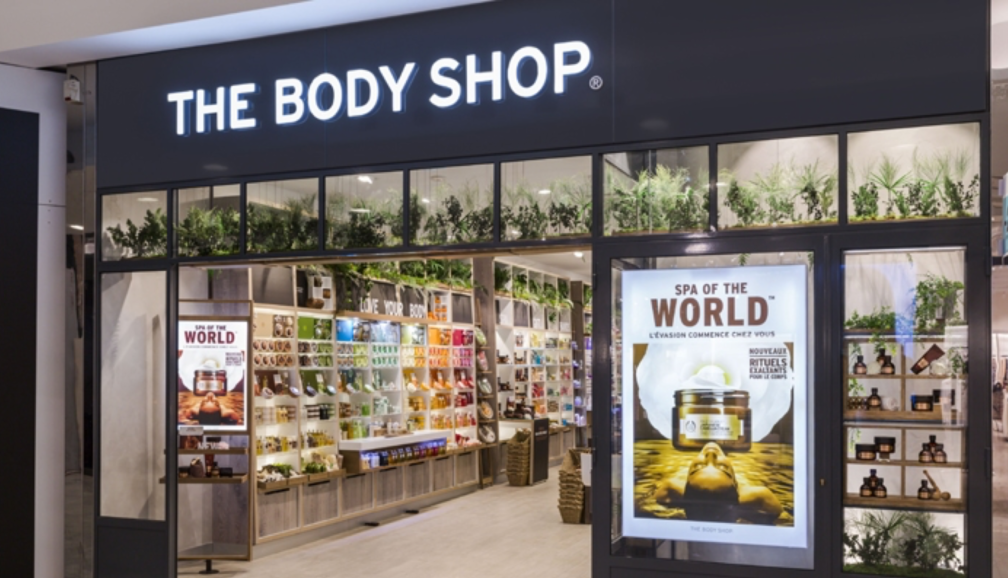
Retailers need to “do more to convince consumers of their concern for the environment” as consumers remain sceptical over sustainability claims, according to a new study conducted by UK-based consumer research agency Impact.
The study spoke with 6,000 consumers in the UK to find out their perceptions towards sustainability among 62 retailers and found that sustainability is now one of the top five most important factors when selecting a shop.
The retailers were assigned a ‘sustainability score’ from 1-100 dependent on responses, with The Body Shop (78.4), Lush (69.4), Waitrose (68.7), Co-op (68.2), and Marks & Spencer (66.7) coming out as the highest scorers.
The study revealed that the majority of consumers (65%) believed that these top five retailers are environmentally friendly, 69% believed they’re socially responsibly, 58% believed they’re financially sustainable, and 65% believed they’re ethical.
Consumers are sceptical
Despite the majority of consumers believing that The Body Shop – the top sustainability scorer – is environmentally friendly, only 37% of consumers believe that the retailer is genuinely concerned by environmental issues. Around 40% believe that the retailer does care about where the products come from.
This is a similar situation with second top scorer Lush, with less than 40% believing that the retailer cares about the environment.

US Tariffs are shifting - will you react or anticipate?
Don’t let policy changes catch you off guard. Stay proactive with real-time data and expert analysis.
By GlobalDataIn its study, Impact said: “Retailers have more to do to convince consumers of their concern for the environment. Retailers that want to communicate their sustainability messages effectively need to back up their claims with visual cues and create focused, authentic messaging.
“Consumers want evidence that retailers are making progress to become more sustainable, rather than vague promises for the future.”
Impact research director Tom Gould said: “‘Driven by increasing media attention, sustainability is becoming increasingly important to consumers. For example, 64% say that their views of plastic packaging have been influenced by what they see in the news.
“Our study shows that consumers want to see retailers addressing the issues they see talked about in the media. It’s more important than ever that retailers are communicating environmental issues in the right way and in the right places not only to be taken seriously by consumers but to avoid controversy.”
Consumers believe retailers need to inspire change
Gould told Retail Insight Network that, while the majority of consumers scored retailers highly for sustainability, there is still a huge lack of faith in how genuine retailers’ sustainability policies are.
He said: “With documentaries such as Blue Planet showcasing the plastic crisis, and environmental disasters such as the Australian wildfires dominating headlines in recent years, it’s not surprising that consumers have taken an increased interest in protecting the planet.
“Although most consumers look to the government to inspire change, they are well-aware of the impact that companies have on the environment and our study shows that just under 90% believe they should be doing more to combat the crisis.
“Although the retailers in the top five score highly across the sustainability factors, the results reveal a huge lack of faith in the sustainable messaging that retailers promote. Consumers see retailers’ environmental and social campaigns as positive, but don’t believe that they care about the causes they champion.
“Of course, in some cases, the adoption of sustainable messaging has led to controversy, which may explain the high levels of doubt. Consumers are fast to call out ‘greenwashing’ when brands and retailers portray a false image of being environmentally friendly that doesn’t reflect their practices behind closed doors.
“Recent criticisms of the environmental impact of fast fashion may explain why the fashion sector faces the highest level of scepticism.
What can retailers do?
Gould told Retail Insight Network: “To be perceived as genuinely sustainable, retailers need to be authentic. For consumers, seeing is believing, so if brands can’t provide visual cues as evidence, they need to rethink their message.
“Specificity is also essential. Saying you’ll be NetZero by 2030 isn’t enough to convince consumers but explaining the exact steps you’re taking to get there will increase credibility.
“It’s also important to remember that even the most authentic, detailed messages won’t get cut through unless you’re using the right channels to communicate messages and reach the right audiences.”


